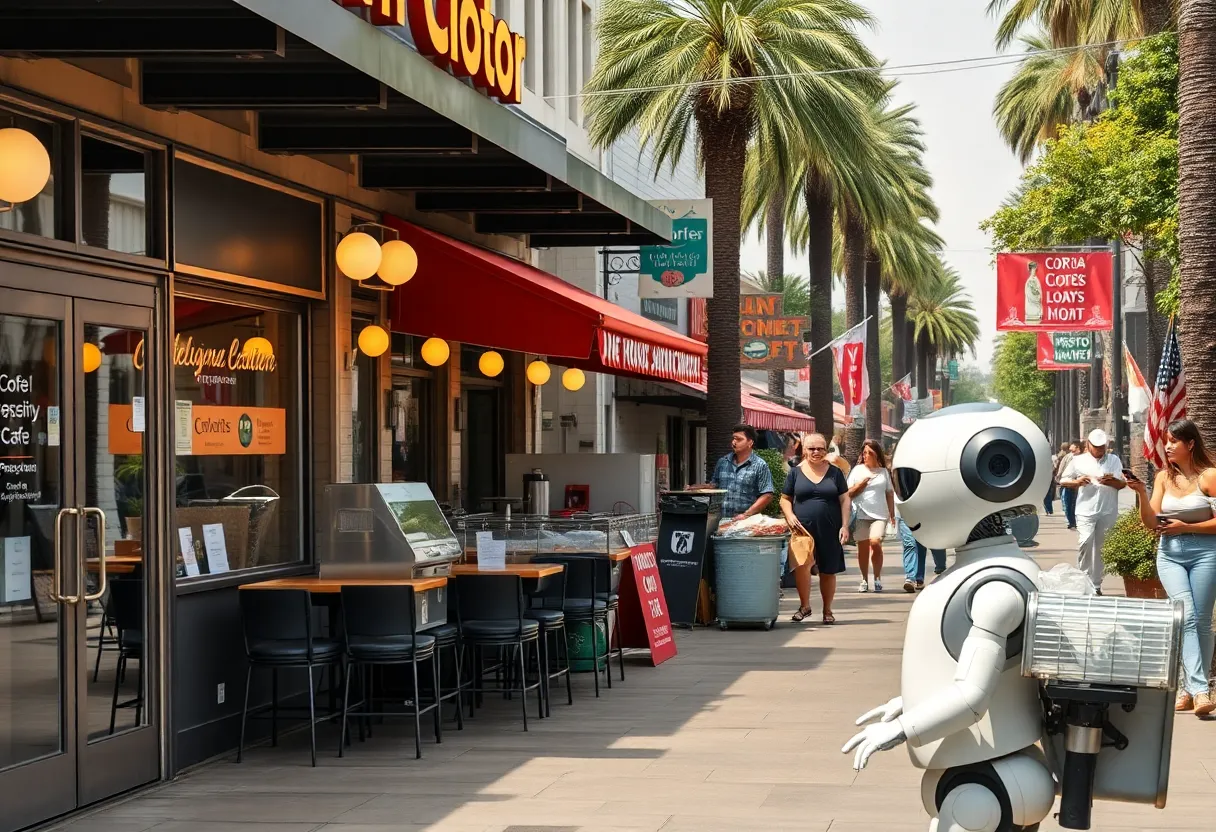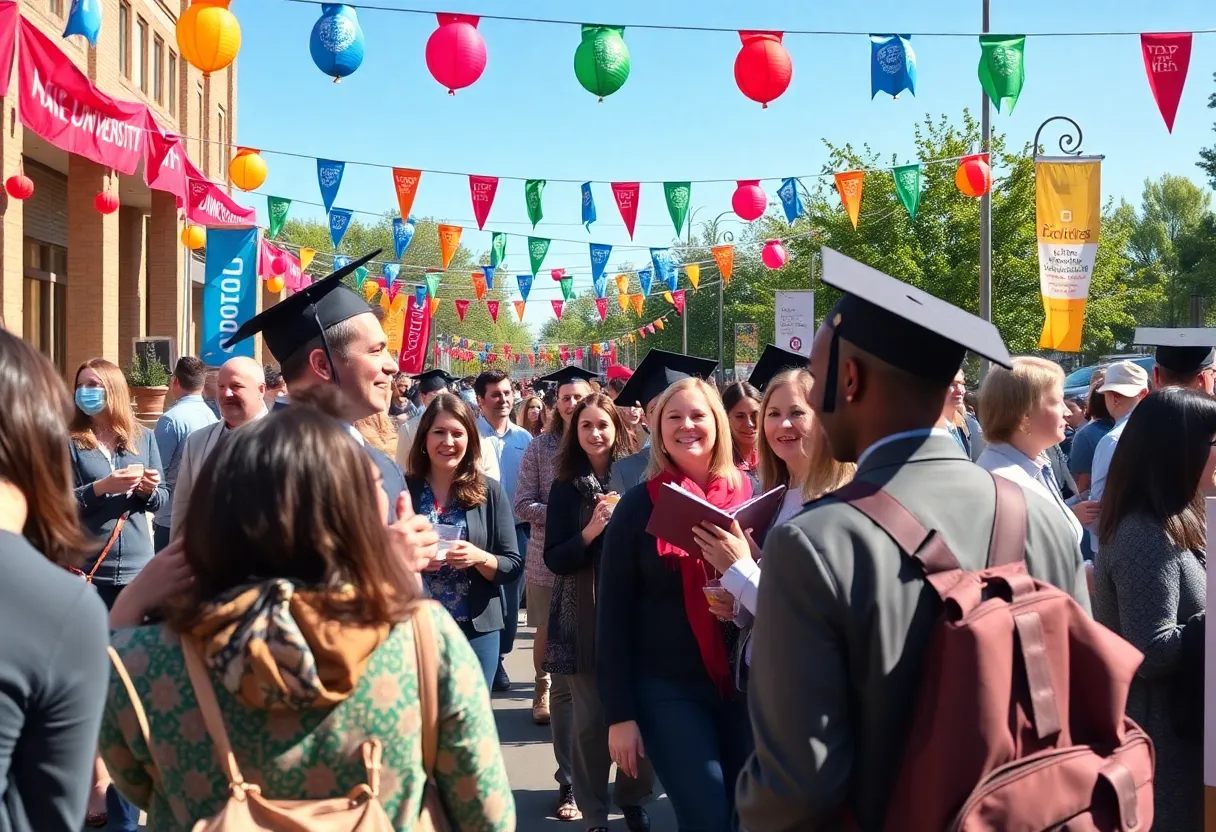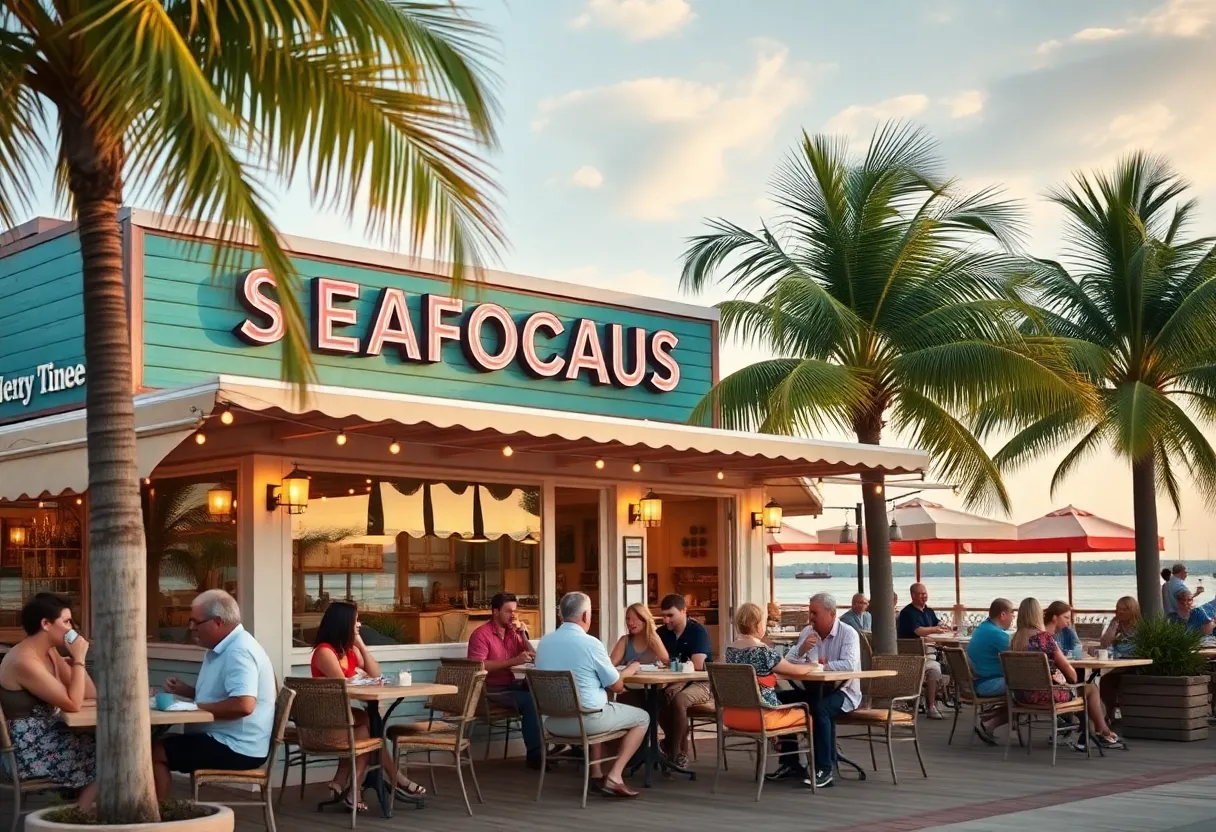News Summary
California is grappling with economic challenges as a proposed minimum wage increase sparks opposition. The hospitality industry faces closures, while automation innovations emerge in response to rising labor costs. Health and wellness businesses thrive post-pandemic. The uncertainty of funding cuts and tourism downturns adds pressure, highlighting systemic issues. Local initiatives aim to support revitalization and sustainability, but the path forward remains complex for the state’s economy.
California is facing significant economic challenges, notably a proposed minimum wage increase to $30 for select workers, which has sparked considerable opposition. As the state works to recover from the impacts of COVID-19, Governor Gavin Newsom has attributed a downturn in tourism from Canada and Mexico to policies from the Trump administration, which he claims have aggravated these struggles.
In a broader context of economic concerns, California’s hospitality industry is undergoing further challenges. Notably, key establishments face closure, such as UC Riverside’s Getaway Cafe, which has operated for nearly three decades but is now shuttering due to disputes with the university and the lingering impacts of the pandemic. Additionally, Dumpling Time at City Center in San Ramon has closed its doors, although plans for two new businesses to open soon have been announced.
On the brighter side of California’s food scene, innovation continues to thrive, with the introduction of robot burger flippers now cooking sliders in various California restaurants. This move towards automation comes amid rising labor costs and a demand for efficiency in service. At the same time, the Pleasanton Wine Stroll is drawing attention as locals can enjoy local wines, live music, and bites from various restaurants, symbolizing the community’s resilience in challenging times.
Amidst these changes, health and wellness are increasingly important to Californians, as indicated by the reopening of 24 Hour Fitness in San Gabriel Valley post-renovation and the launch of Just Food For Dogs, a new gourmet dog food store in the Bay Area. Both ventures reflect a growing consumer interest in health-oriented lifestyles.
Further complicating the state’s economic landscape, UPS plans to cut approximately 20,000 jobs and close over 70 of its facilities nationwide. This decision aligns with ongoing restructuring efforts amid shifting market demands. Additionally, the local retail space is seeing a contraction, with Rite Aid set to permanently close its store in Wildomar.
Several sectors, including the film and vocational education industries, are attempting to recover through local initiatives. The LA City Council is advancing proposals aimed at revitalizing the local film industry, while five California colleges gained recognition for ranking among the top 20 nationwide for preparing graduates for high-paying jobs, demonstrating the state’s enduring commitment to educational excellence.
In an effort to support the regional economy, San Leandro is celebrating Small Business Week by offering free workshops for entrepreneurs. Meanwhile, other initiatives focusing on sustainability are underway, notably the recognition of California as one of the top eco-friendly states in a report on car-free transit options.
Despite these efforts, the economic outlook remains uncertain. The looming threat of Trump’s executive order to potentially cut funding for 95 California TV and radio stations adds to the stress. Similar concerns arise regarding the impact of reduced tourism, as local businesses depend significantly on visitors from out of state, which has dropped following national political rhetoric.
While California grapples with these multifaceted challenges, innovation persists, showcased by new food businesses and tech developments like an app designed for early detection of ALS symptoms. Overall, the state’s economy is navigating a complex landscape as it seeks to balance rising labor costs against a backdrop of technological advancement and evolving consumer preferences.
As the state moves forward, ongoing adaptations across various industries will be essential, demonstrating California’s resilience in facing both immediate and long-term economic hurdles.
Deeper Dive: News & Info About This Topic
- KTLA: California McDonald’s Owner Discusses Minimum Wage Increase
- Wikipedia: California
- Spectrum News1: California Tourism Dips
- Google Search: California Economy
- NFIB: Small Business Tax Deduction Report
- Google Scholar: California Minimum Wage
- Sacramento Bee: Economic Challenges in California
- Encyclopedia Britannica: California
- Desert Sun: Business Startups in California
- Google News: California Business News

Author: STAFF HERE SAN DIEGO WRITER
The SAN DIEGO STAFF WRITER represents the experienced team at HERESanDiego.com, your go-to source for actionable local news and information in San Diego, San Diego County, and beyond. Specializing in "news you can use," we cover essential topics like product reviews for personal and business needs, local business directories, politics, real estate trends, neighborhood insights, and state news affecting the area—with deep expertise drawn from years of dedicated reporting and strong community input, including local press releases and business updates. We deliver top reporting on high-value events such as Comic-Con International, San Diego County Fair, and San Diego Pride Festival. Our coverage extends to key organizations like the San Diego Regional Chamber of Commerce and United Way of San Diego County, plus leading businesses in biotechnology, healthcare, and technology that power the local economy such as Qualcomm, Illumina, and Scripps Health. As part of the broader HERE network, including HEREAnaheim.com, HEREBeverlyHills.com, HERECostaMesa.com, HERECoronado.com, HEREHollywood.com, HEREHuntingtonBeach.com, HERELongBeach.com, HERELosAngeles.com, HEREMissionViejo.com, and HERESantaAna.com, we provide comprehensive, credible insights into California's dynamic landscape.





